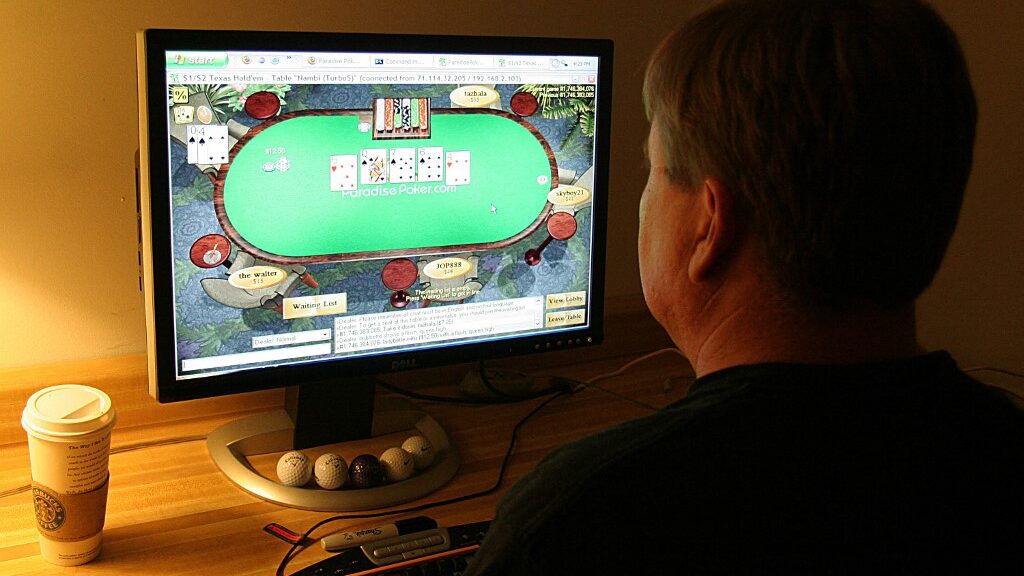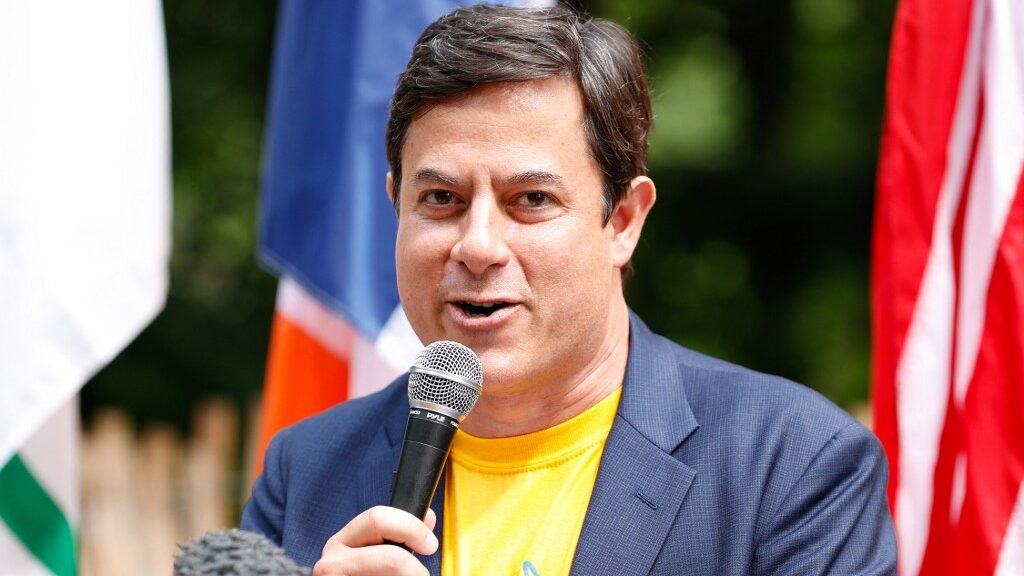
The Maine House of Representatives voted against a bill that would have given the Wabanaki tribes in the Pine Tree State the sole right to control online gambling in Maine. The decision to deny the Wabanaki these exclusive rights contradicts what the state’s lawmakers approved in the previous legislative session. Almost all Republicans and nine Democrats voted against the bill, defeating it by a narrow margin of 74-71.
The bill, if approved, could have brought in an estimated $100 million for the Wabanaki tribes over the next few years. However, a significant part of the opposition was because giving the Wabanaki exclusive rights would stop existing casino operators from sharing in the online gambling revenue.
Rep. Laura Supica sponsored the bill (known as LD1777) and did her best to defend it. “Much of the concern comes from the fact that it is exclusively for the tribes,” she said. “But for me, that is why I wholeheartedly support it, because this is a wonderful opportunity for the state of Maine to begin to make some corrections to how they have enacted past gaming laws.”
What Opponents Are Saying
Opponents have voiced significant concerns about granting the tribe additional exclusive rights to mobile gaming. They questioned the rationale behind excluding existing physical casino operators from the online gambling market, given that these operators appear to be the most vulnerable to potential market cannibalization.
Rep. David Boyer (R-Poland) expressed his apprehensions via the Portland Press Herald, stating, “As eager as I am to engage in online poker, this approach doesn’t seem right. I’m worried about the jobs at risk in Oxford and Bangor. The tax rates aren’t on par. The tax burden on physical casinos is considerably higher.”
What’s Next for the Maine Online Gambling Bill?
The bill is now going to the State Senate for review. If the Senate approves the legislation, it will return to the House for a subsequent vote. Considering the narrow margin of the initial vote in the House, proponents are optimistic about swaying a few more votes in favor during the second round to ensure the legislation’s passage.
The fact that Maine’s House of Representatives rejected the exclusive rights for the tribes doesn’t look promising for the bill’s final approval. However, there’s a possibility that the bill could be modified to reduce the tribes’ exclusivity, allowing some external participation in the online betting market.
This seems to be a more probable route to success. It could satisfy the tribal leaders by giving them a significant portion of the overall market, and existing casino operators could then have an opportunity to create their own online sportsbooks to earn some of the revenue. However, these negotiations could be complex. The tribes might not be able to secure a large enough market share to balance the potential decrease in physical gambling.
So, it looks like there’s still a long way to go before any solid online betting systems are established in the Pine Tree State. We’ll keep you posted.













